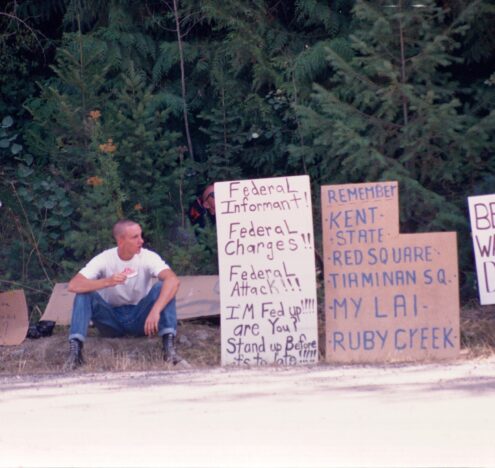Despite being banned, anti-personnel landmines and unexploded submunitions still litter fields from Bosnia to Bangladesh. And mines are even being used in Ukraine. Does that mean the treaties that ban their use aren’t working? Experts say the story isn’t so simple, and that, actually, the treaties to ban these weapons have shown a new way forward: One where norms stigmatize the return to these weapons and constrain even the biggest superpowers.
But what will it take to clean up the mess left behind? And can anti-nuclear activists repeat the party trick?
Listen and subscribe now on Apple Podcasts, Stitcher, Spotify, Pocket Casts, or wherever you get your podcasts to receive a new episode every two weeks.
Guests: Treasa Dunworth, Associate Professor of Law, University of Auckland; Matthew Breay Bolton, Professor of Political Science, Pace University; Sera Koulabdara, Executive Director, Legacies of War; Alex van Roy, Chief Operations Officer, FSD
Additional Resources:
How War Changes Land: Soil Fertility, Unexploded Bombs, and the Underdevelopment of Cambodia, Erin Lin, American Journal of Political Science
Political Minefields: The Struggle Against Automatic Killing, Matthew Breay Bolton, Bloomsbury Academic
Humanitarian Disarmament: An Historical Inquiry, Treasa Dunworth, Cambridge University Press




















